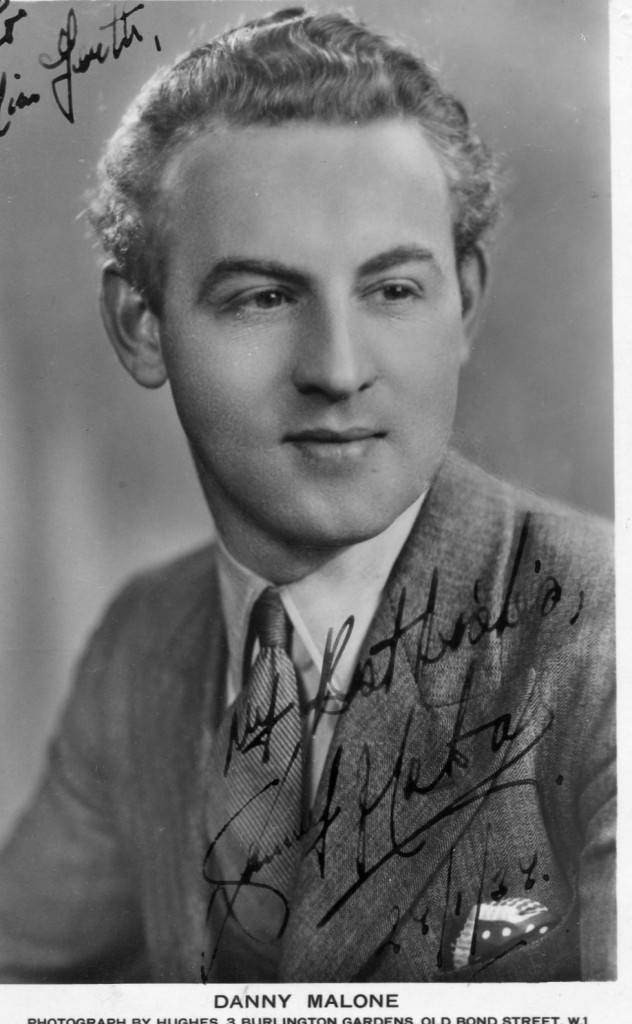
Danny Malone was an Irish singer and actor who has just one film appearance to his credit, which is “Rose of Tralee” in 1937.

Brittish Actors

Danny Malone was an Irish singer and actor who has just one film appearance to his credit, which is “Rose of Tralee” in 1937.


Anne Rogers was born in Liverpool in 1933. SAhe was in the original London stage production of “The Boyfriend”. Among her other stage shows both in the U.K.and U.S. are “My Fair Lady”, “Half a Sixpence”, “Gigi” and “Camelot”. On tleevision she has appeared in “Hallmark Hall of Fame”, “Hogan’s Heroes” and “Doctors”.

Ian Hunter was born in 1900 in Cape Town, South Africa. He began his acting career in British silent films with “A Girl of London” in 1925. He pursued his film career in Hollywood and among his more notable movies are “A Midsummer’s Night Dream” in 1935, “Ziegfeld Girl” in 1941 and “Strange Cargo”. In the 1950’s he returned to Britain where he appeared in many films inclunding “North West Frontier” in 1959 with Kenneth More and Lauren Bacall and in 1961, “Dr Blood’s Coffin” with Kieron Moore and Hazel Court. He died in London in 1975.
IMDB entry:
Ian Hunter was born in the Kenilworth area of Cape Town, South Africa where he spent his childhood. In his teen years he and his parents returned to the family origins in England to live. Sometime between that arrival and the early years of World War I, Hunter began exploring acting. But in 1917 – and being only 17 – he joined the army to serve in France for the year of war still remaining. Within two years he did indeed make his stage-acting debut. Hunter would never forget that the stage was the thing when the lure of moving making called – he would always return through his career. With a jovial face perpetually on the verge of smiling and a friendly and mildly British accent, Hunter had good guy lead written all over him. He decided to sample the relatively young British silent film industry by taking a part in Not for Sale (1924) for British director W.P. Kellinowho had started out writing and acting for the theater. Hunter then made his first trip to the U.S. – Broadway, not Hollywood – because Basil Dean, well known British actor, director, and producer, was producing Sheridan’s “The School for Scandal” at the Knickerbocker Theater – unfortunately folding after one performance. It was a more concerted effort with film the next year back in Britain, again with Kellino. He then met up-and-coming mystery and suspense director Alfred Hitchcock in 1927. He did Hitch’sThe Ring (1927) – about the boxing game, not suspense – and stayed for the director’sWhen Boys Leave Home (1927). And with a few more films into the next year he was back with Hitchcock once more for Easy Virtue (1928), the Noel Coward play. By late 1928 he returned to Broadway for only a months run in the original comedy “Olympia” but stayed on in America via his first connection with Hollywood. The film was Syncopation(1929), his first sound film and that for RKO, that is, one of the early mono efforts, sound mix with the usual silent acting. As if restless to keep ever cycling back and forth across the Atlantic – fairly typical of Hunter’s career – he returned to London for Dean’s mono thriller Escape! (1930). There was an interval of fifteen films in toto before Hunter returned to Hollywood and by then he was well established as a leading man. With The Girl from 10th Avenue (1935) with Bette Davis, Hunter made his connection with Warner Bros. But before settling in with them through much of the 1930s, he did three pictures in succession with another gifted and promising British director, Michael Powell. He then began the films he is most remembered from Hollywood’s Golden Era. Although a small part, he is completely engaging and in command as the Duke in the Shakespearean extravaganza of Austrian theater master Max Reinhardt, A Midsummer Night’s Dream(1935) for Warner’s. It marked the start of a string of nearly thirty films for WB. Among the best remembered was his jovial King Richard in the rollicking The Adventures of Robin Hood (1938). Hunter was playing the field as well – he was at Twentieth Century as everybody’s favorite father-hero – including Shirley Temple – in the The Little Princess(1939). And he was the unforgettable benign guardian angel-like Cambreau in Loew’sStrange Cargo (1940) with Clark Gable. He was staying regularly busy in Hollywood until into 1942 when he returned to Britain to serve in the war effort. After the war Hunter stayed on in London, making films and doing stage work. He appeared once more on Broadway in 1948 and made Edward, My Son (1949) for George Cukor. Although there was some American playhouse theater in the mid-1950s, Hunter was bound to England, working once more for Powell in 1961 before retiring in the middle of that decade after nearly a hundred outings before the camera.
– IMDb Mini Biography By: William McPeak
The above IMDB entry can also be accessed online here.

Ruth Gemmell was born in 1967 in Durham. She trained at the Webber Douglas Academy of Dramatic Arts. Currently starring in the hit World War Two drama n UTV, “Homefires”.
“Wikipedia” entry:
Ruth Gemmell was born in Darlington, County Durham, England. She has three brothers.[1] She attended an all-girls’ school in Darlington called Polam Hall.[1] Her parents divorced when she was a child and she moved with her mother to Darlington from Barnard Castle. Later she moved to London, to live with her father, to pursue her acting dream. She states; “I moved to London because I assumed you had to go to drama school there…I didn’t know any better. Having not lived with my dad before I thought it was an ideal opportunity, which is crazy now!”[2]
She trained at the Webber Douglas Academy of Dramatic Art in London.
Gemmell has played a variety of roles mainly in theatres plus TV dramas. She played the leading female role in the 1997 film Fever Pitch starring opposite Colin Firth[3] and had another leading role in the comedy/drama January 2nd (2006).
In 2004 she starred in Tracy Beaker’s Movie of Me as the mother of the title character, who abandoned her when she was a baby, leading her to spend life in a children’s home.
From January 2009 she became a recurring character in EastEnders as Debra Dean, the mother of a teenage girl who, identically to her role in Tracy Beaker’s Movie of Me, abandoned her daughter when she was an infant.
In August 2009, she starred as Rebecca Sands in two episodes of The Bill.[4]
Ruth has appeared three times in the BBC’s police drama Waking the Dead, playing two different characters. Her first appearance was in 2002 in the episode Special Relationships as DI Jess Worral, a former lover of DSI Boyd. She next appeared in the episode Sins of seventh season in 2008 as Linda Cummings, an exceptionally intelligent serial killer. Gemmell reprised the role of Cummings in Endgame, the fourth episode of the eighth season of the show. The storyline had Cummings manipulating Boyd and revealed that Cummings’ accomplice was responsible for the drugs overdose that killed Boyd’s son Luke. The role reprisal of Cummings is a first in the show’s history.
Gemmell’s ex-husband Ray Stevenson has also appeared in the show as consultant child abductor in the episode Fugue State.
Ruth starred in Episode 8 of Jimmy McGovern‘s BBC drama Moving On playing the role of Joanne, in November 2010.[5]
In November 2011, Ruth played Lady Shonagon in the adaptation for BBC Radio 4 Woman’s Hour of “The Pillow Book”, by Robert Forrest. She appeared as Jen, the wife of an adulterous civil servant, in Channel 4 drama Utopia, in early 2013.
The above “Wikipedia” entry can also be accessed online here.

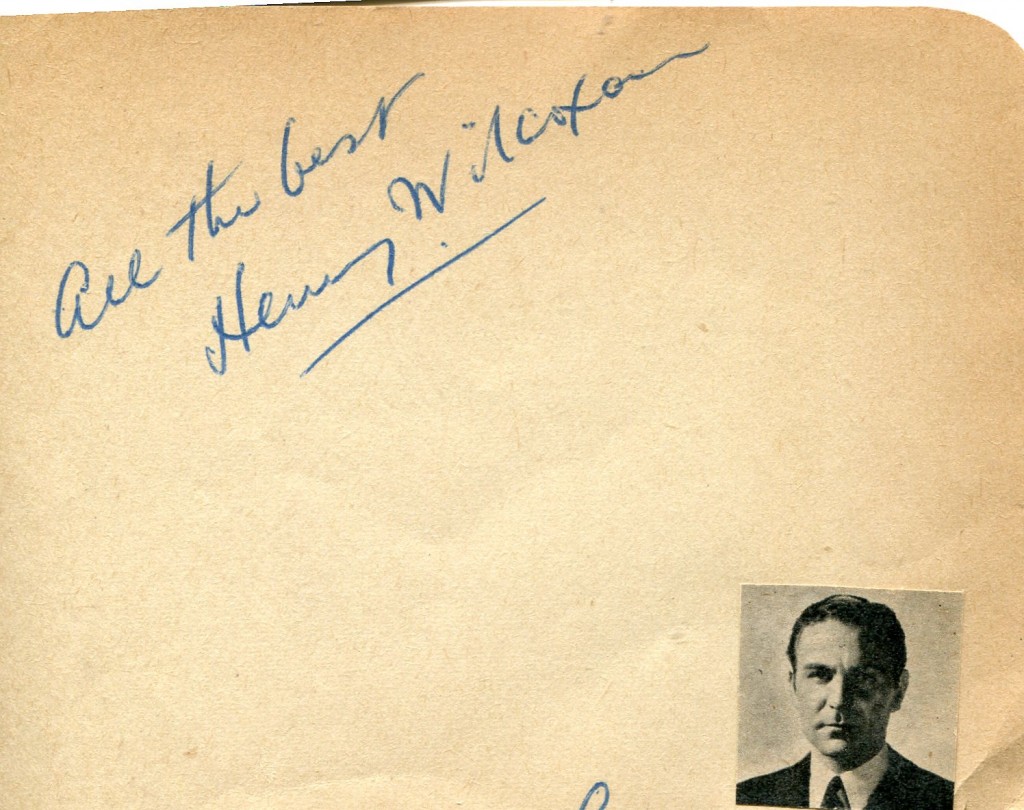
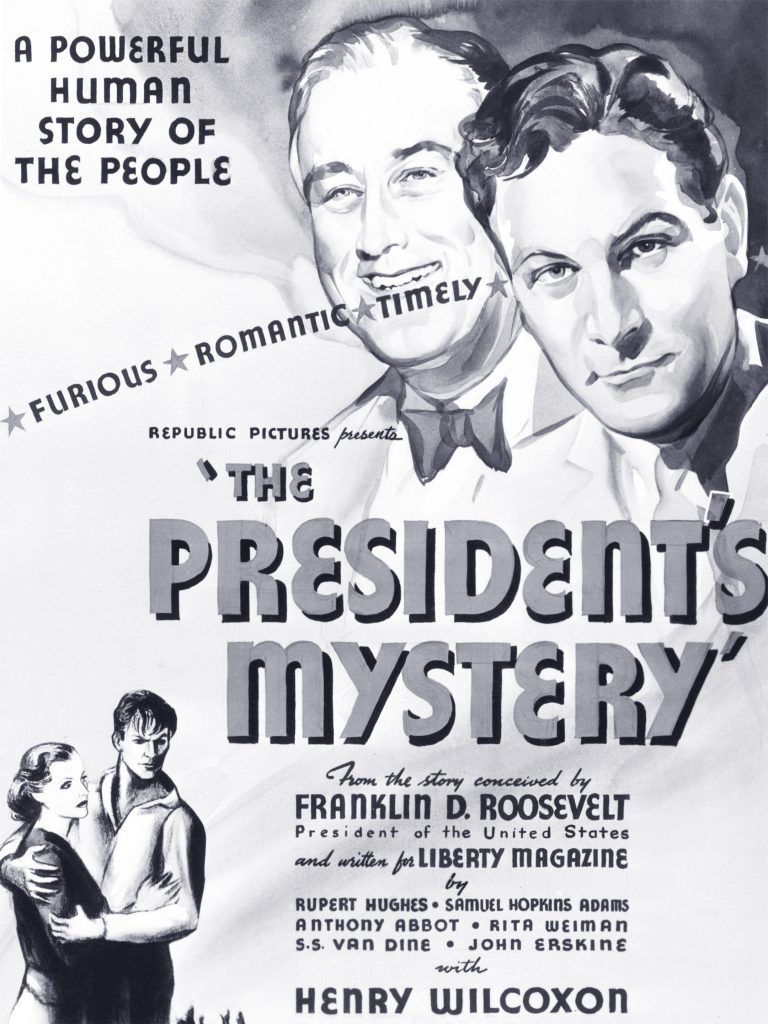

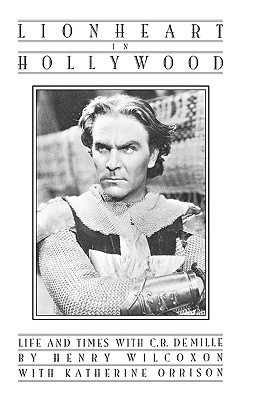
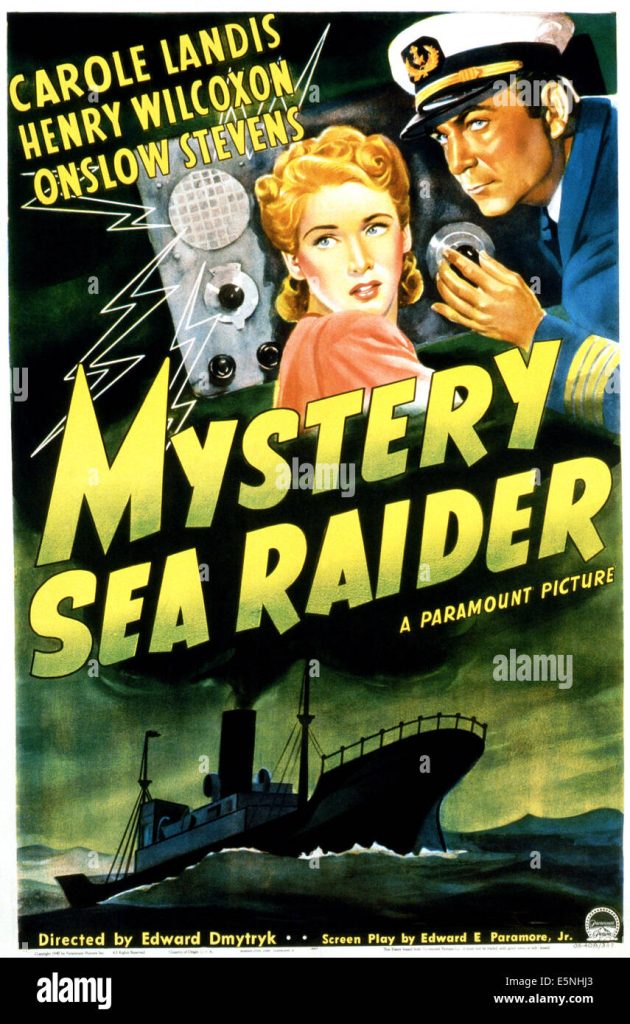
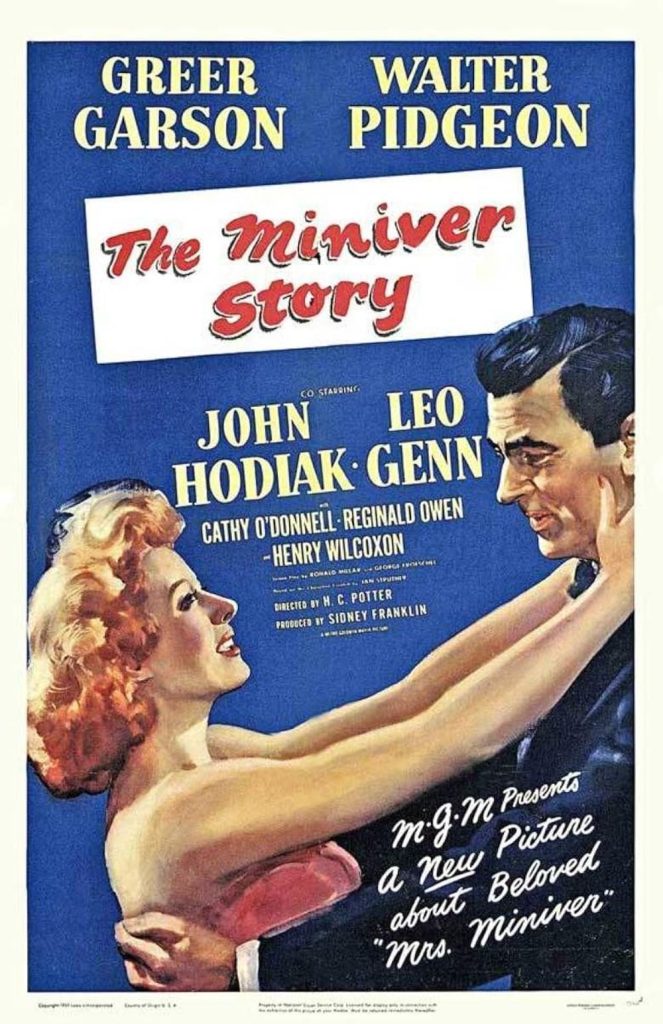

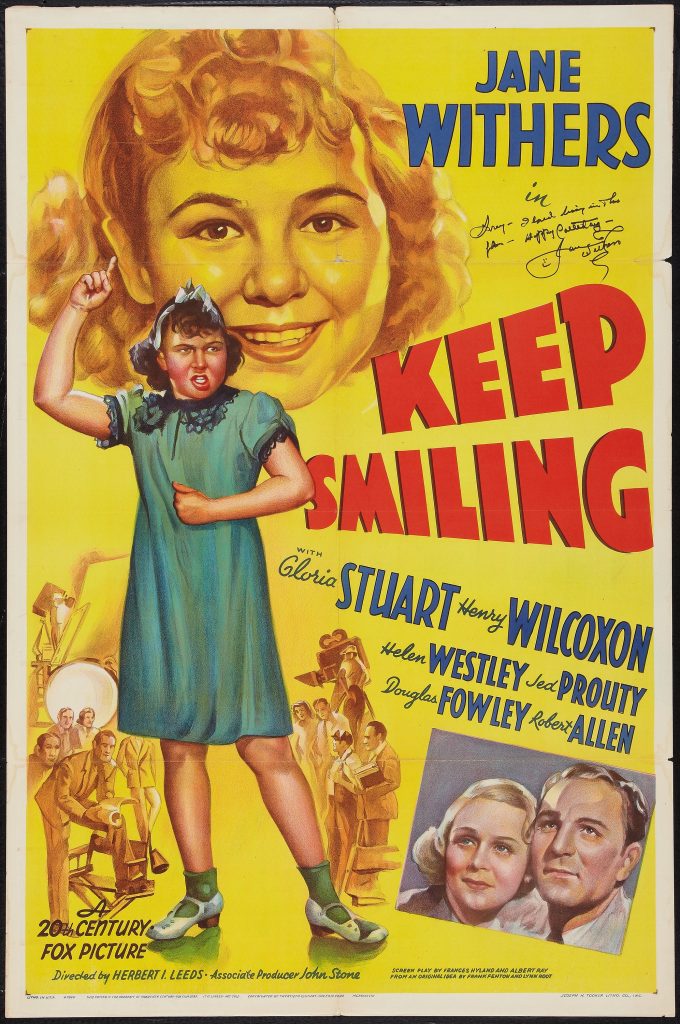



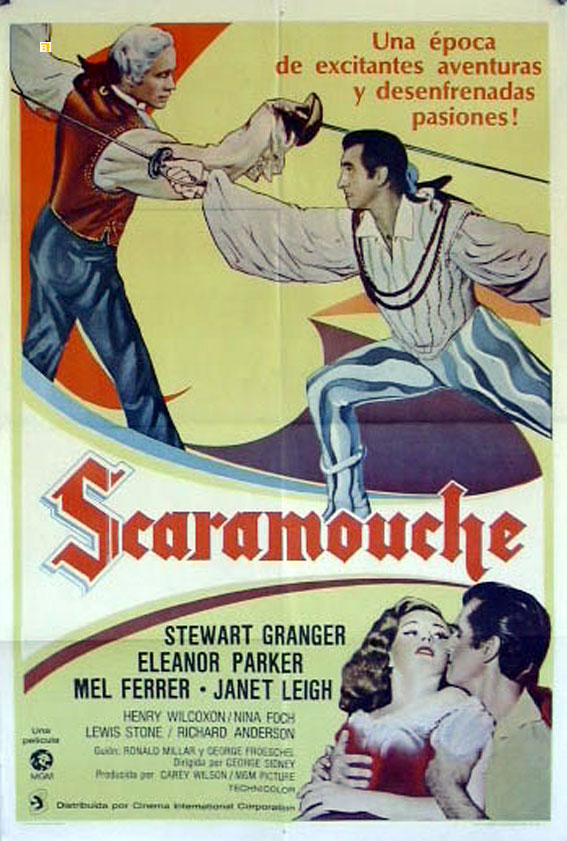
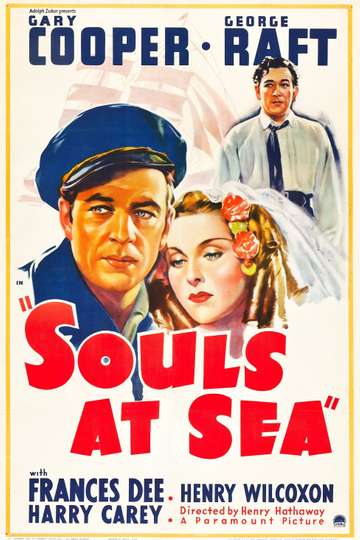



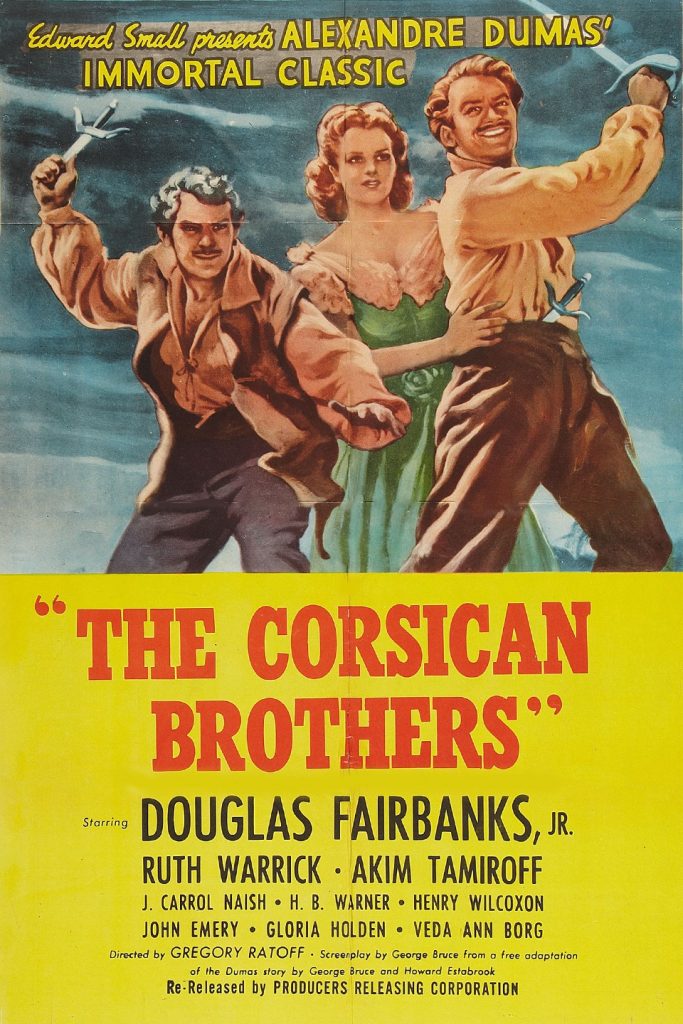
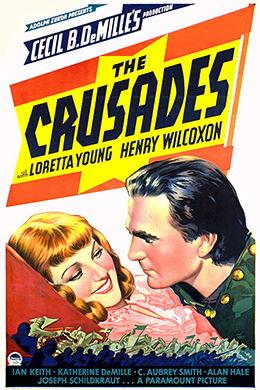
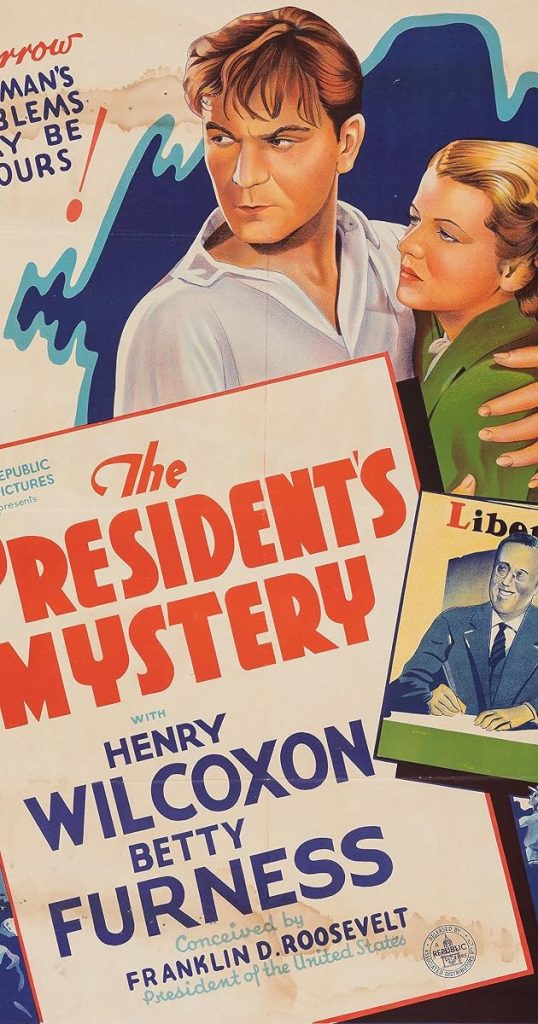

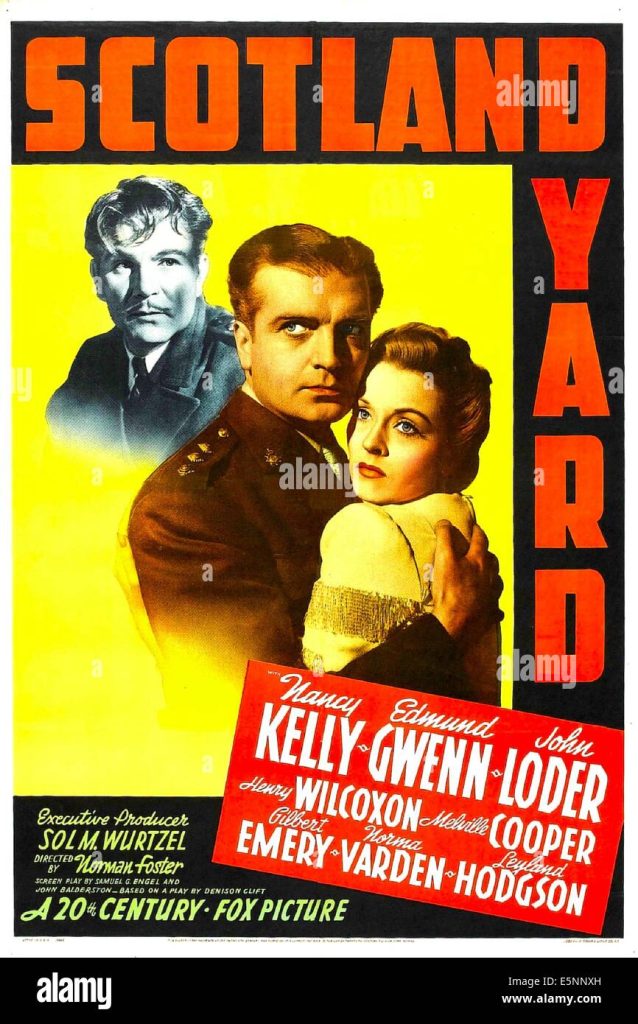







Henry Wilcoxon was born in 1905 in the British West Indies. He began his acting career on the stage in Birmingham in the U.K. In 1933 he was spotted by a film talent scout and wnet to Hollywood to pursue a career in films. He had a long professional association with Cecil B. De Mille and appeared in many of his films including “Cleopatra”, “The Crusades” and “Unconquered” in 1947 with Gary Cooper and Paulette Goddard. He was particularly effective as the vicar in “Mrs Miniver” with Greer Garson and Teresa Wright. His last film was “Caddyshack” in 1980. He died in 1984.
IMDB entry:
Henry Wilcoxon was given the lead role of Marc Antony in Cecil B. DeMille‘s Cleopatra(1934). It would prove to be the beginning of a long relationship with DeMille he would become a familiar DeMille character actor and DeMille’s associate producer in the later years of DeMille’s career. However, after DeMille died, he worked sporadically and accepted minor acting roles.
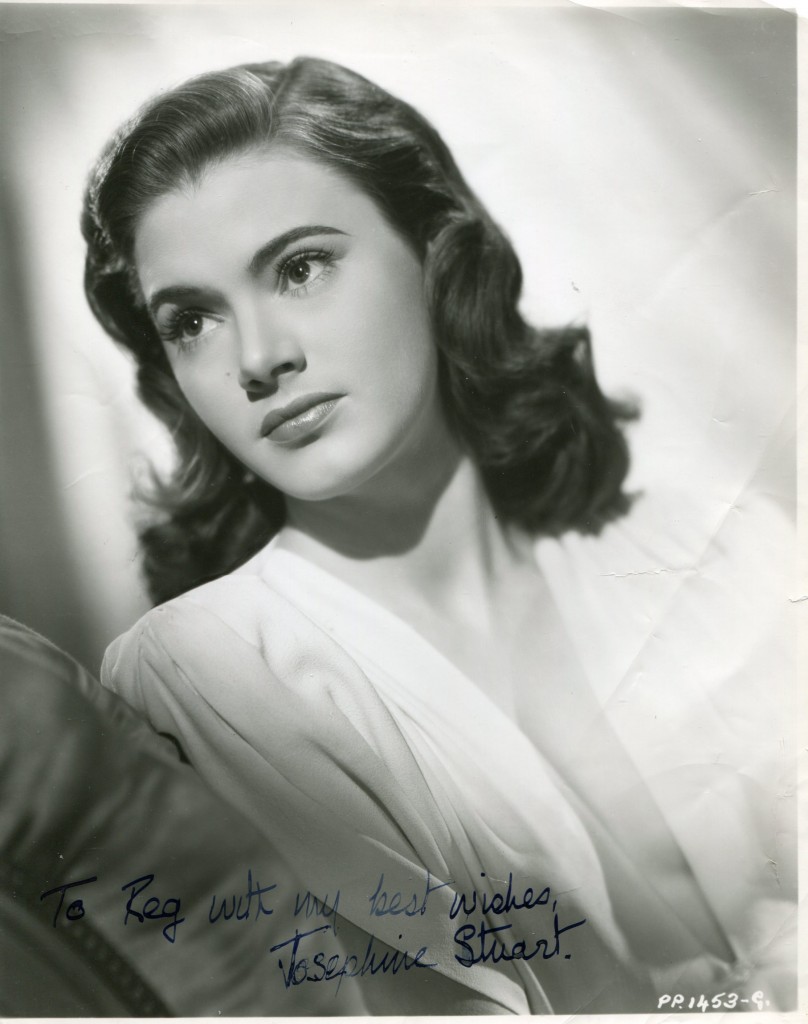
Josephine Stuart was born in 1926 in Watford. Her films include “The LOves of Joanna Godden” in 1947 with Googie Withers and Jean Kent, “Oliver Twist”, “The Weak and the Wicked” with Glynis Johns and Diana Dors and “No Time for Tears” with Sylvia Syms and Anna Neagle.
IMDB entry:
Josephine Stuart was born on November 16, 1926 in Watford, Hertfordshire, England as Celia Josephine Smith. She is an actress, known for Oliver Twist (1948), The Straw Man(1953) and Destiny of a Spy (1969).
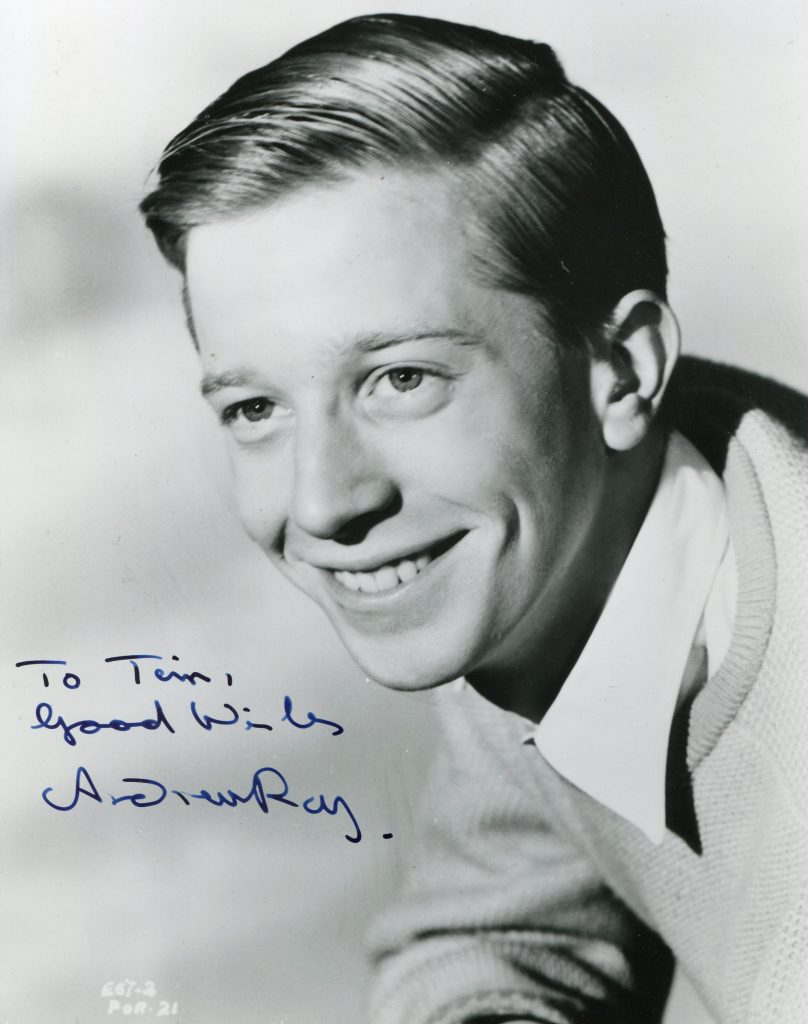
Andrew Ray was born in 1939 in North London. He was the son of famed radio cominc Ted Ray. He came to prominence as a child actor in “The Mudlark” with Alec Guinness and Irene Dunne in 1949. His other films include “The Yellow Balloon” in 1953, “Woman in a Dressing Gown” in 1957, “Serious Charge” with Cliff Richard in 1959 and “The System” with Oliver Reed in 1964. He had many television and stage appearances among his credits. He died in 2003.
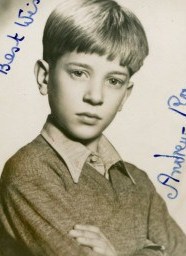
Dennis Barker’s “Guardian” obituary:
One of the paradoxes of the often erratic life of the actor Andrew Ray, who has died of a heart attack aged 64, was that he made and established his name by playing parts associated with royalty while himself being inclined towards the more flamboyant sort of leftish, flower-powered, antiracist views and postures.
He made his professional debut in 1950, at the age of 10, in the film The Mudlark. He played a poor cockney boy who makes a living by scavenging the banks of the Thames and strays into Windsor Castle, where his elfin charm helps Prime Minister Disraeli (Alec Guinness) persuade Queen Victoria (Irene Dunn) to come out of her prolonged mourning for Prince Albert and rejoin public life.
The film was praised for its sentimental view of both childhood and royalty, but Ray himself was to emerge as more leftwing. In 1967, he dropped out of a play about English middle-class mores when on a British Council tour in India, maintaining that it was trivial, and arrived in Rhodesia, where his wife came from, saying that he had had dreams about the Garden of Eden, wearing Pandit Nehru trousers and jacket, and talking about the inadequacies of western life.

He had been meditating with Brian Jones, Arthur C Clarke and others. The Rhodesian special branch began to take an interest.
In 1976, he went to Rhodesia in a tour of the JB Priestley play castigating the indifference and callousness of the English upper classes, An Inspector Calls, and further agitated the Rhodesian special branch by seizing an entertainer’s microphone in a club to pronounce that, black or white, people were just people. He was subsequently warned that stool pigeons might try to incriminate him by selling him pot, and left the country under a cloud.
![The Yellow Balloon [DVD] [1953]](http://ecx.images-amazon.com/images/I/91zO3RDXrRL._SY445_.jpg)
Though there were some who saw his gestures as part of his tempestuous lifestyle, his son Mark Olden (the family’s real surname) regarded him as a serious supporter of the liberation of black people, and wholehearted in his political beliefs. Ray joined the Zanu-PF party after Rhodesia achieved independence and became Zimbabwe.
His life had been chequered. He had won the Mudlark role almost by accident. When he wanted a trip away from the family home in north London while recovering from mumps, his father, the comedian Ted Ray, took him with his older brother Robin (the entertainer, broadcaster and writer; obituary, November 30 1998) to meet the 20th Century Fox casting director Ben Lyon, star of the popular radio show Life With The Lyons. Robin was pronounced too tall for the Mudlark, and Andrew got the part instead.
![Woman in a Dressing Gown [Region 2]](http://ecx.images-amazon.com/images/I/81i6yu%2Bl-YL._SY445_.jpg)
In the face of the other child parts that were offered him, Ray left Franklin House prep school in north London and was effectively not to resume his academic education. He appeared as the neglected son of a wife trying to save her marriage in Woman In A Dressing Gown (1957); other films included Escape By Night (1953), The Young And Guilty (1958) and Serious Charge (1959).
His father had conscientiously put all his earnings into a trust for him until he was 17. When he reached that age, he used the money to buy fast cars, two of which he promptly and nearly fatally crashed. In 1960-61, he took the part of a young homosexual friend of the heroine of Shelagh Delaney’s A Taste Of Honey on the Broadway stage, but when he returned to Britain, the roles for him were no longer there. By April 1965, at the age of 25, he thought he was finished, and attempted suicide.
It was a slow climb back. In 1967 he appeared in the West End production of Howard’s End, and was praised for his sensitive performance. By the 1970s he was beginning to achieve as an adult performer what he had once achieved as a child. A resemblance to King George VI helped him to take on the role in the West End play Crown Matrimonial in 1972, and in 1978 on television he played George VI when still the Duke of York in the television drama Edward And Mrs Simpson.
His own insecurities also helped him tackle the part of the highly-strung George VI. The following year, he moved away from royalty to appear in Ian Curteis’s play Atom Spies as another confused man, this time Klaus Fuchs, who sold nuclear secrets to Russia.
Ray made several television appearances in the Tales Of The Unexpected series (1979), was in the television version of PD James’s Death Of An Expert Witness (1983), and made a guest appearance in the 1987 series of Inspector Morse. In the 1993 series of Peak Practice, he played Dr John Reginald. He became an active member of the Equity Council.
Andrew Ray’s personal life was turbulent. At 20, in 1959, he married Susan Burnet against his father’s wishes, and they had a son and daughter. At times she returned to Rhodesia with the children; the couple separated in the 1970s, but never divorced, and remained on good terms.
· Andrew Ray (Olden), actor, born May 31 1939; died August 20 2003
The above “Guardian” obituary can also be accessed online here.

Andrew Garfield was born in California in 1983 and raised in the the U.K. HIs films include “Lion for Lambs” in 2007 with Robert Redford, “The Other Boylen Girl” and “The Social Network”. Won praise for his performance in television’s “Red Riding Trilogy” as journalist Eddie Dunford in 2009.
TCM Overview:
Andrew Garfield rose from relative obscurity to the Hollywood forefront after he was picked to play Peter Parker for a reboot of the blockbuster “Spider-Man” franchise. The theater-trained actor captivated British audiences, playing an ex-convict who served time for a juvenile crime in the made-for-TV movie “Boy A” (Channel 4, 2007), and in the dystopian drama “Never Let Me Go” (2010), opposite Keira Knightley and Carey Mulligan. Garfield gave strong supporting performances alongside such legendary actors as Robert Redford and Meryl Streep in “Lions for Lambs” (2007), and honed his craft under the direction of visionary filmmakers David Fincher and Terry Gilliam. Garfield proved to be Hollywood’s best-kept secret when he was announced as Tobey Maguire’s heir to the Spidey suit for a 2010 film. The coveted role came with considerable pressure and scrutiny, yet Garfield handled his task with the conviction and talent of a more seasoned actor.
Andrew Russell Garfield was born in Los Angeles on Aug. 20, 1983. At the age of four, his family moved to England, where the future star was brought up in the town of Epsom, Surrey. Garfield attended the City of London Freemen’s School in Ashtead, and later trained at the city’s Central School of Speech and Drama. Much like his contemporaries, he began his career on stage, performing at the Royal Exchange Theater in Manchester and garnering accolades such as a MEN Theater Award in 2004 for his role in “Kes,” as well as being named outstanding newcomer at the 2006 Evening Standard Theater Awards. Garfield made his onscreen debut in the short film “Mumbo Jumbo” (2005), a comedy about a suburban kidnapping gone awry, before landing minor roles in various British programs such as “Sugar Rush” (Channel 4, 2005- ) and the sci-fi hit, “Doctor Who” (BBC, 2005- ). Garfield made a leap to a starring role in “Boy A,” where he played a young ex-con who was released from prison after serving for a murder he committed as a child. The role earned him a best actor BAFTA in 2008.
Garfield quickly graduated to the big leagues when he was cast in the political drama “Lions for Lambs” (2007), as an American college student opposite Robert Redford, Meryl Streep and Tom Cruise. The film’s heavyweight star power was not enough to carry it commercially and it received mixed reviews, yet it also launched relative newcomer Garfield’s career to new heights. That same year, Variety named him one of Hollywood’s “10 Actors to Watch.” He briefly returned to British television, appearing in the acclaimed “Red Riding” miniseries (Channel 4, 2009), before co-starring in Gilliam’s epic fantasy “The Imaginarium of Doctor Parnassus” (2009). Garfield played a sleight-of-hand expert and the assistant to a sideshow ringleader (Christopher Plummer). Buzz for the film was punctuated by Heath Ledger’s untimely death mid-way through production, and the very public casting of three actors – Johnny Depp, Colin Farrell and Jude Law – who were brought in to fill his role. The highly publicized film received lukewarm reception stateside, but Garfield’s talent and screen presence thrust him closer and closer to the spotlight.
In 2010, Garfield co-starred opposite fellow British breakouts Knightley and Mulligan in director Mark Romanek’s stylized thriller “Never Let Me Go.” The film followed three boarding school friends who reunite years later, only to discover a grim truth: they are clones, born and raised for the sole purpose of providing organs for transplants. That same year, he portrayed Eduardo Saverin, one of the co-founders of Facebook, in “The Social Network,” based on Ben Mezrich’s book, The Accidental Billionaires: The Founding of Facebook, a Tale of Sex, Money, Genius and Betrayal. The film also starred a who’s-who of young Hollywood talents, including Justin Timberlake, Jesse Eisenberg and Rashida Jones. Amidst widespread praise of both the film and its many well-acted performances, Garfield earned a Golden Globe nomination for Best Performance by an Actor in a Supporting Role in a Motion Picture.
Garfield hit the career jackpot in July 2010 after he was chosen to portray Peter Parker in a new “Spider-Man” film franchise. Several young actors were reportedly considered for the iconic role, including Zac Efron, Logan Lerman and Jamie Bell. An international press conference held in Cancun, Mexico revealed Garfield as the new Peter Parker, taking over the role from Tobey Maguire, who had starred in the first three films between 2002 and 2007. Clearing up any doubts as to whether the newcomer could take on the highly coveted role, the film’s director Mark Webb said Garfield had “a rare combination of intelligence, wit and humanity,” which he promised audien online here.ces would love. The fourth installment of the “Spider-Man” series, which focused on the character’s origins, was scheduled for a July 2012 release.
TCM overview can also be accessed here.
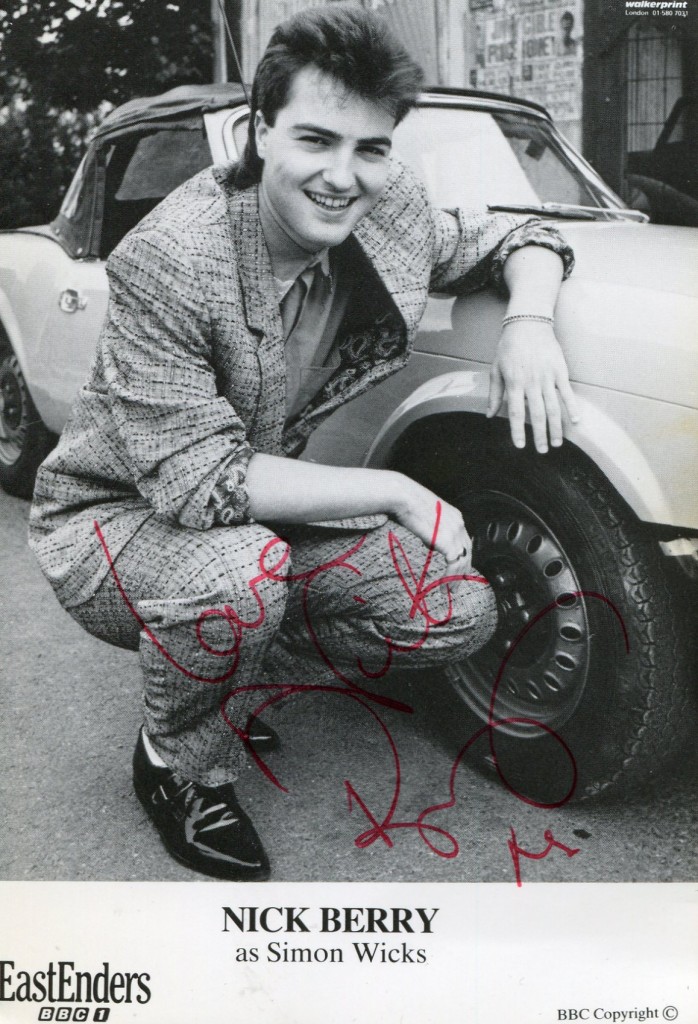
Nick Berry was born in 1963 in Woodford. He first came to fame for his performance as ‘Wicksey’ in “Eastenders” from 1985 until 1990. In 1992 he began a six year run in the very popular ITV series “Heartbeat”. His most recent series was “In Deep” which ran from 2001 until 2003. His films include “Forever Young” in 1983 and “Paparazzo” in 1995.
“MailOnline” article:
When Nick Berry gets stopped in the street, the questions are usually the same. ‘It’s, “Didn’t you used to be on EastEnders?”, or, “Are you that bloke from Heartbeat?”‘ he smiles. ‘People aren’t always sure.’
The answer, in both cases, is yes, and although it may seem a long time ago now, between the mid-Eighties and late Nineties Berry was barely off our screens.
After springing to fame as Simon Wicks in EastEnders in 1985, Berry left in 1990 and decamped to the Yorkshire Dales for a six year stint as Heartbeat’s Sergeant Nick Rowan, before taking on the role of harbour master Mike Nicholls in Harbour Light.
Stay-at-home dad: Nick Berry left acting to focus on his family
There was even a brief pop career too: in 1986 Berry released a single, Every Loser Wins, which became the second biggest-selling record in the UK that year.
And then – nothing. Save for a stint in the early Noughties filming police drama In Deep alongside Stephen Tompkinson, Berry disappeared from view, turning his back on acting aged 39 to become a stay-at-home father to his two sons Louis, now 16, and 13-year-old Finley.
Today, nearly ten years on, not only are there no regrets, but Berry insists he has no desire to throw his hat back in the ring. ‘I chose to be a stay-at-home dad and have loved it. I always said that when the boys were teenagers I could go back, but the longer you don’t do something the harder it is to do it, and I haven’t really missed it. While I’d never say never, I’m genuinely happy as I am.’
We’re only meeting today because In Deep has been released on DVD.
Filmed in 2002, the series was effectively Berry’s swan song, and he admits to being taken aback by its resurfacing now.
‘I was in my garden tending my peas when I got a call saying, “We’re going to bring it out again” and I thought, “That seems an awfully long time ago.”‘
Those with long memories will recall that Berry was a genuine screen heart-throb in his time, besieged at the BBC studios where EastEnders was filmed by hoards of screaming women.
It was fun for a time, he admits, but marriage in 1994 to former Levi jeans model Rachel Robertson, now 39, and fatherhood changed his perspective.
‘The job was great,’ he says. ‘You’re driven everywhere, fed every five minutes and told what to do and where to go. What I struggled with was that the boys were very young and I felt like I was away filming all the time. I’d been blessed with these little people and yet I wasn’t really there. I realised I wanted to be at home.’
Of course, cynics may point out that Berry didn’t exactly bow out at the top of his game – Harbour Lights struggled to attract viewers – but by then he had the money to do so.
‘I was rewarded amazingly well for what I did,’ he admits. ‘It was that Eighties/Nineties thing when no one thought it was going to end and people were throwing money around. I was very lucky.’
At one point, he was rumoured to have been offered a £2 million golden-handcuffs deal by EastEnders executives when he resigned in the late Eighties, and he’s amassed an estimated £5 million from his time in the spotlight – certainly enough to fund a rambling house in Epping, Essex, and a beach house in Hove where he boasts Norman Cook and Zoe Ball as neighbours.
‘We all say hello, it’s pretty friendly,’ he says. ‘In the summer, we’re all out playing with our kids on the beach. It’s very chilled-out.’
Despite his spectacular screen success, east London-born Berry says he wasn’t a natural actor. ‘I was never that comfortable in the spotlight. Some of the egos you can do without. A lot of actors take themselves so seriously but, by and large, you’re getting paid to show off.’
Berry is too discreet to identify any culprits, although one must assume that, given his formative years in the soap, he must count some of his former EastEnders castmates among their number.
Although he has a drink from time to time with former cast mates Sid Owen, who played Ricky, and Todd Carty, who played Mark Fowler, he admits that ‘You can’t keep up with everyone.’
Shunning the spotlight certainly seems to suit him: at 48, he is trim and tanned – a product, he says, of long hours in the garden.
‘I’ve basically turned into my dad. I’ve got a shed and a vegetable patch, and I’m pleased to report my peas are doing very well. I’m at my happiest there.’
He and Rachel celebrate their 17th wedding anniversary this year and have been together for nearly two decades. Berry clearly adores his wife, to whom he refers as his ‘soul mate’.
The two of them are business partners too, having set up a production company several years ago, though Berry jokes that it’s ‘not terribly productive’ at the moment. I
n time, however, he says he might be persuaded to work behind the camera, if he finds a project that suits them both. ‘To be honest, I was luckier than I ever thought I would be,’ he says. ‘So, while everything in the garden’s rosy, I’ll carry on growing my peas.’
In Deep is out now on DVD
The above “MailOnline” article can also be accessed online here.
Anyone who knows me are aware that I am a bit of a movie buff. Over the past few years I have been collecting signed photographs of my favourite actors. Since I like movies so much there are many actors whose work I like.